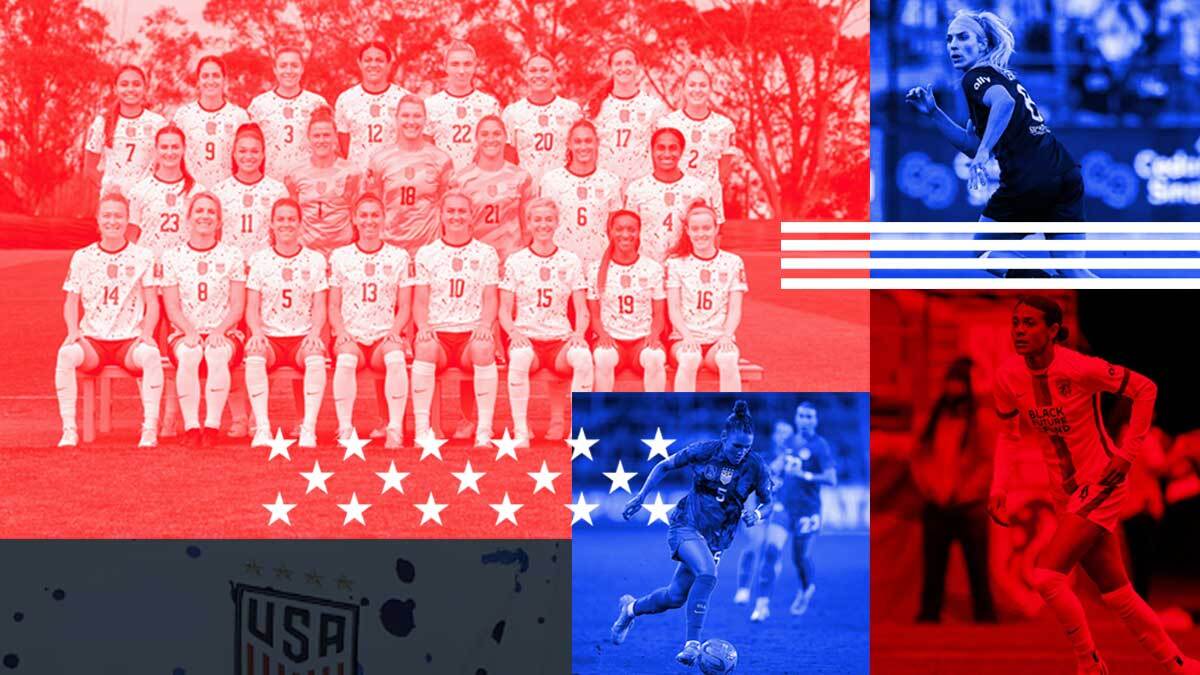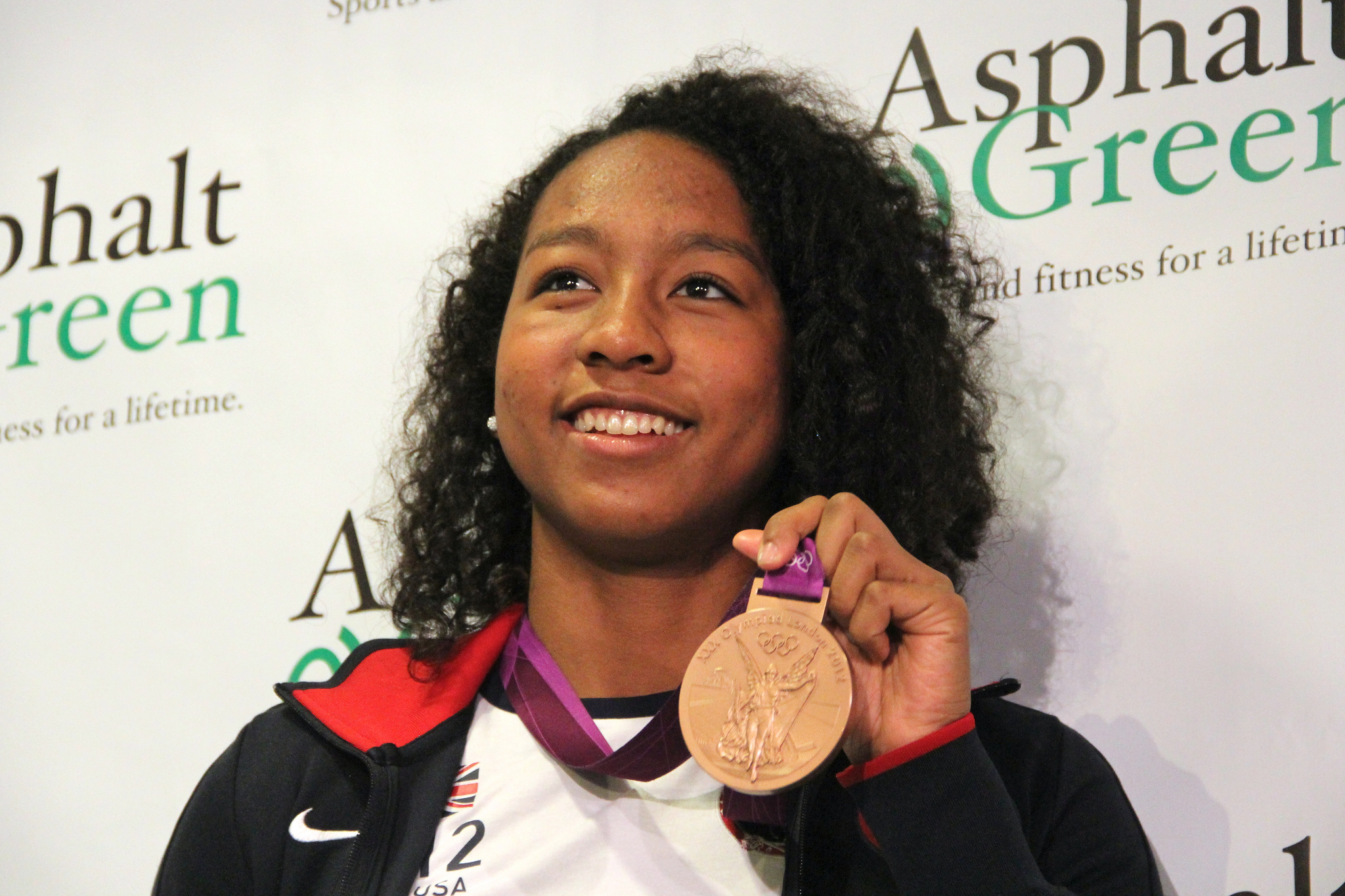Abortion rights, women of color, and LGBTQI+ people are under attack. Pledge to join us in fighting for gender justice.
I Shouldn’t Have to Say This: Don’t Advertise #BlackGirlMagic T-Shirts with White Models.
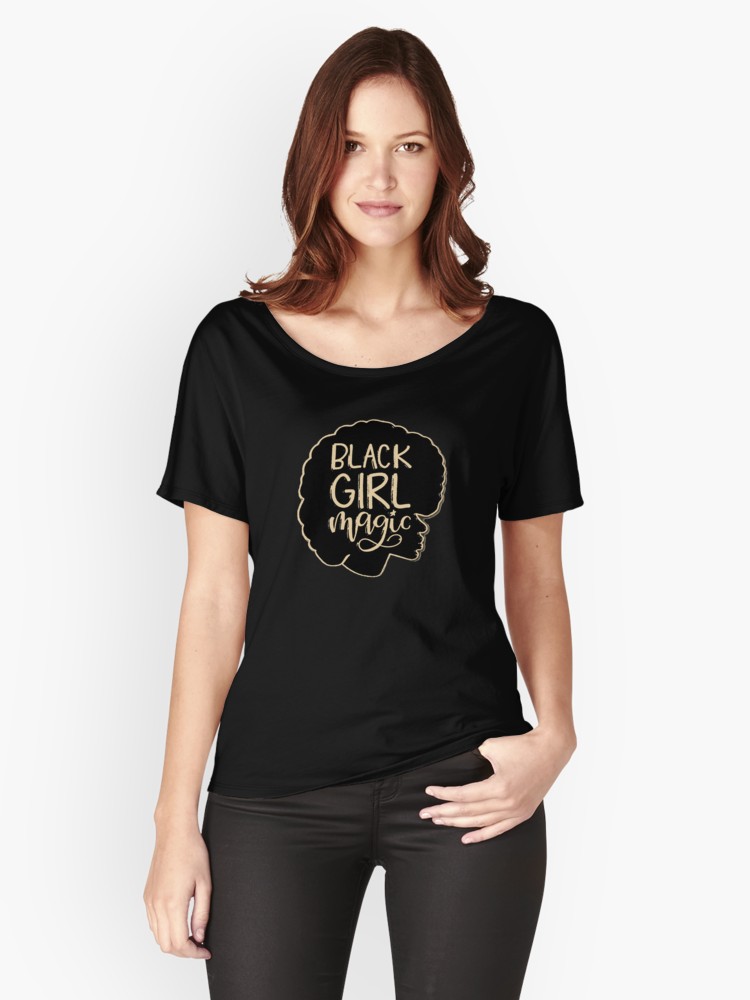
While shopping online for a #BlackGirlMagic t-shirt, I happened upon some disturbing images.
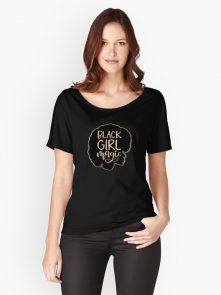
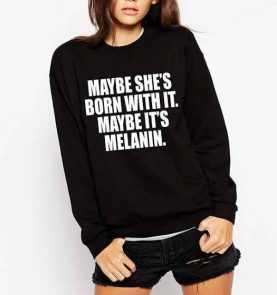
Yes, that’s right. These are #BlackGirlMagic t-shirts modeled by white women. Wondering why on earth the online retailer though it was a good move to put white models in #BlackGirlMagic attire, I did a quick Google search and found that this was not a new problem.
Several op-eds written last year addressed the issue of these images. The original offending party, Zazzle, responded by saying that it is “committed to diversity and working on increasing the diversity of pre-posed models.” Though Zazzle has since removed these images, other online retailers like Etsy still frequently use white models to market their products for a Black audience. It is absurd that articles need to be written explaining why these obviously offensive images are a problem, but here we are. These poor marketing schemes show why we must continue to have conversations about the need for increased representation of women of color.
These images reinforce harmful stereotypes and send the message that Black women are not good enough to model clothes, not even the ones being marketed to them. The Black Girl Magic Movement focuses on empowering Black women and celebrating their beauty and all the amazing things they do. These ads are the exact opposite of what the shirts seek to represent.
Again and again, we see models in catalogs and on the runways that do not embrace women of color. If there’s one, that’s it – there’s one. They are a token.
It is important to remember that when we speak about more representation of Black women we mean representation that embodies the many forms Black women take. We must resist falling prey to racial and gendered stereotypes that tell us what Black is and what beauty is. There should be space for all Black women to feel important and represented especially when they are the people purchasing these items. We need to stress inclusion of women of color in the media, and that means we must produce images that celebrate women who far too are often forgotten. While we’re at it, retailers everywhere could do a lot to include transwomen in their lineup of models because representation matters.
A recommendation: put more Black women in the media in a way that uplifts, not degrades. Let us be seen for who we are. Our beauty, our power, our resilience should be celebrated by everyone and should be seen.




